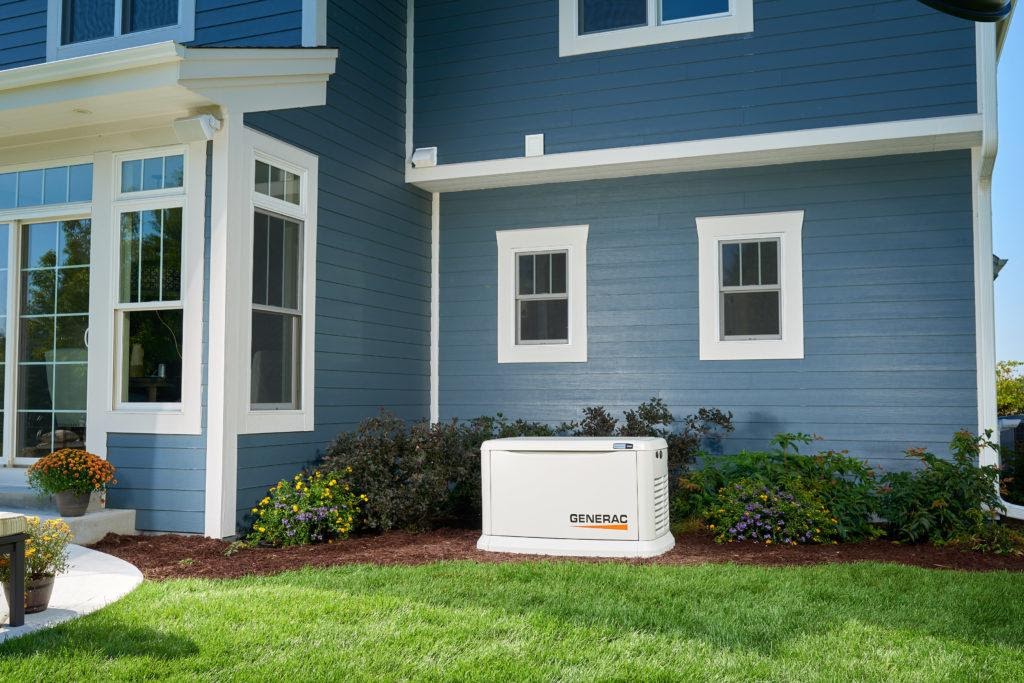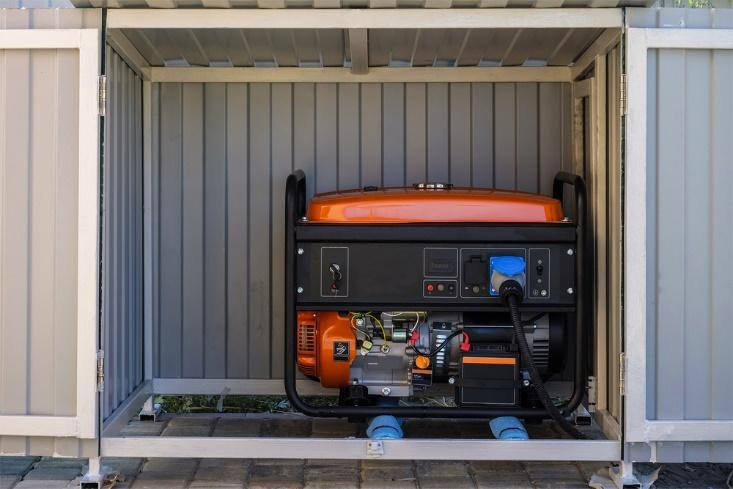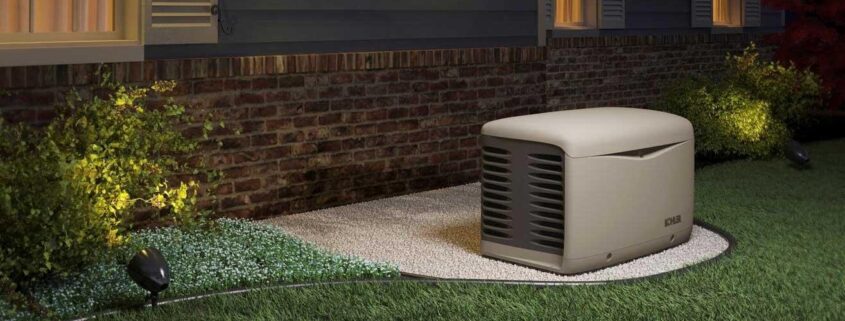Gas Generators And Diesel Generators For Sale By Prima Power Systems In Canada
Are you planning to invest in a generator? The majority of households require such a unit, as power outages occur at least a few times annually.
These units provide households with power and prevent a myriad of inconveniences like frozen pipes, spoiled food, and moldy walls. There are standby, inverter, and portable models, which run on different fuels like diesel or gas.
The selection of generators for sale is incredibly extensive.
These tips will help you choose the right one.
Consider the frequency of power outages
The first consideration when buying a generator is the frequency of power outages in your local area. Homeowners in Canada should try and predict how often they are likely to need one and for how long.
For instance, if you dwell in an area where outages are frequent and prolonged, you can choose from three types of generators, standby, portable, or inverter. The same goes if you live in a region susceptible to hurricanes, blizzards, and ice storms. Portable models are the smallest and lightest, requiring no professional installation. There are even models with wheels to make transport easier.
Standby generators, as the name implies, aren’t portable but installed outside the house. These are perhaps the most convenient variant for households in areas where power outages are incredibly frequent. These units switch on automatically when the power goes out, as well as switch back on when electricity is restored.
Furthermore, inverter models are lightweight and quiet. These units run on propane and gas. Homeowners can even purchase a parallel connector to combine two inverter units at once for an increase in power. Check out some handy tips for using a generator.
All three models are capable of powering up a household during frequent outages, as you can connect them directly to the circuit breaker panel. Nevertheless, it’s important to hire an electrician to install a transfer switch in your breaker box for the unit to function optimally.

Canadian homeowners experiencing occasional outages are advised to invest either in a large inverter or a portable model. There’s no reason to splurge about $10,000 on a stationary unit if you need to use it just a couple of times annually. In such cases, a large portable or inverter model would be enough to provide your household with power. Normally, you should be willing to pull the unit out of the garage and hook it up when necessary.
If power outages are rare in your area, you should consider purchasing a midsized inverter unit or a recreational inverter. For example, these midsized models are powerful enough to run a refrigerator, a window air conditioner, or a heater. Conversely, recreational models can power a cooktop and a TV.
Consider the wattage
After selecting the most suitable type of generator, it’s time to consider the wattage. The best way to determine the ideal size is by adding up the wattage of all appliances you need to power in the course of an outage. Once you make a list, you should add all wattages together and then multiply the calculated number by 1.5 to plan for extra power the appliances require to start. See this link, https://generatorist.com/power-consumption-of-household-appliances, to check out the power consumption of household appliances.

Diesel vs. gas generators
Most individuals usually hesitate between diesel and gas generators. Both types of units come with their own benefits and drawbacks. For instance, diesel units require less maintenance and are more fuel-efficient than gas models. These units are also safer, as diesel is less explosive and flammable.
On the negative side, diesel variants are affected by fluctuating fuel prices. Also, they’re louder than the ones running on gas. Gas generators are more convenient, as they are connected to a gas line, meaning the fuel source is readily available.
Moreover, the cost of building gas units is lower than the price of diesel ones. Additionally, natural gas is considered cleaner when compared to the rest of fossil fuels. Nevertheless, they require more maintenance and need more space. Also, gas is more explosive, imposing a higher risk of fire hazards.
Final word
Every household stands to gain from a generator!



Leave a Reply
Want to join the discussion?Feel free to contribute!